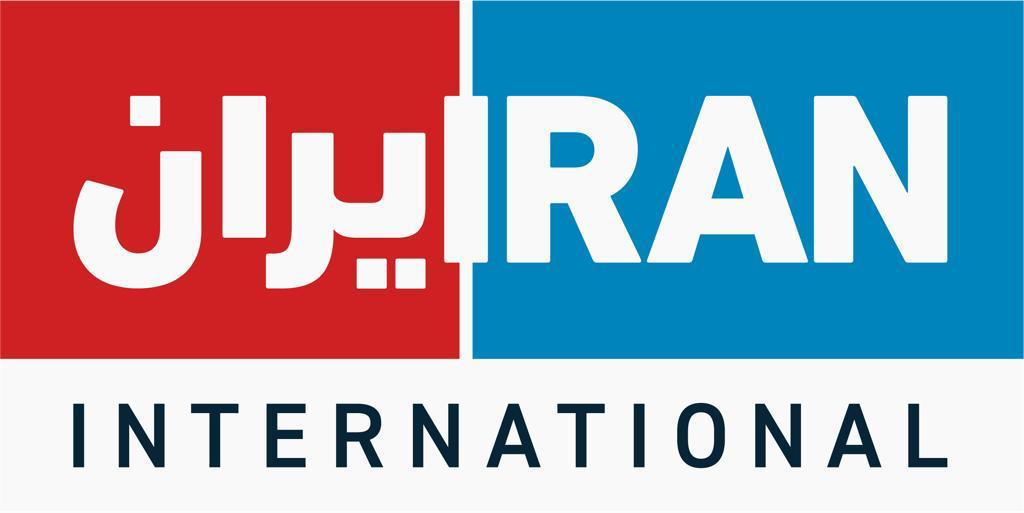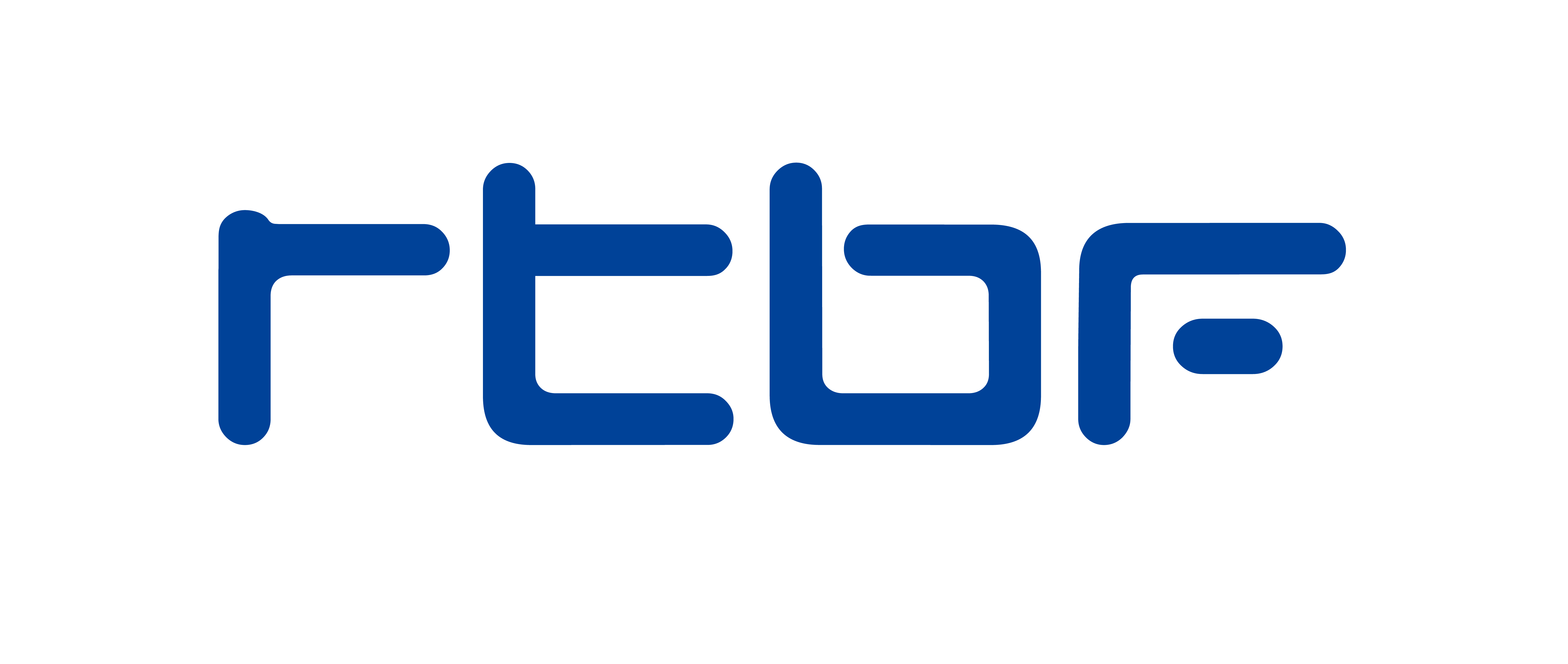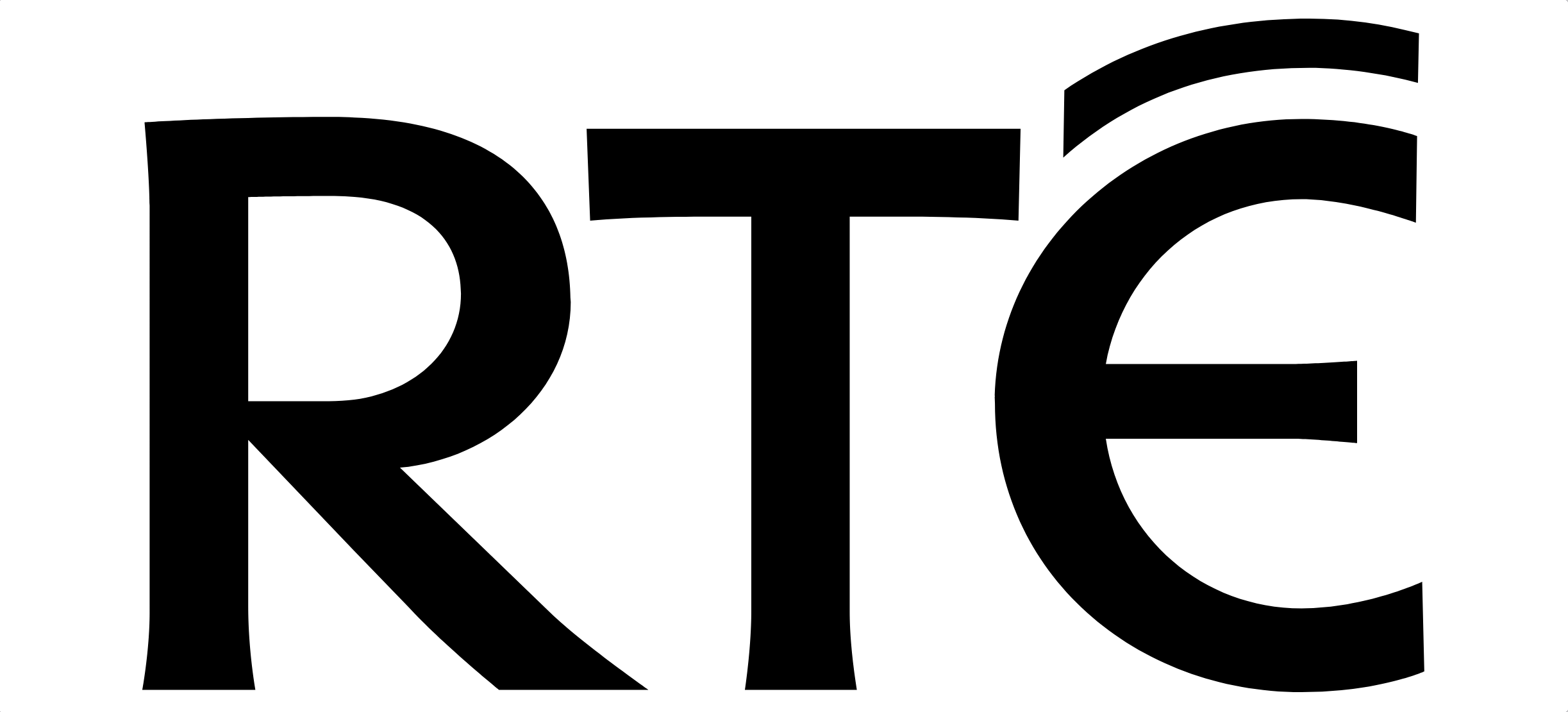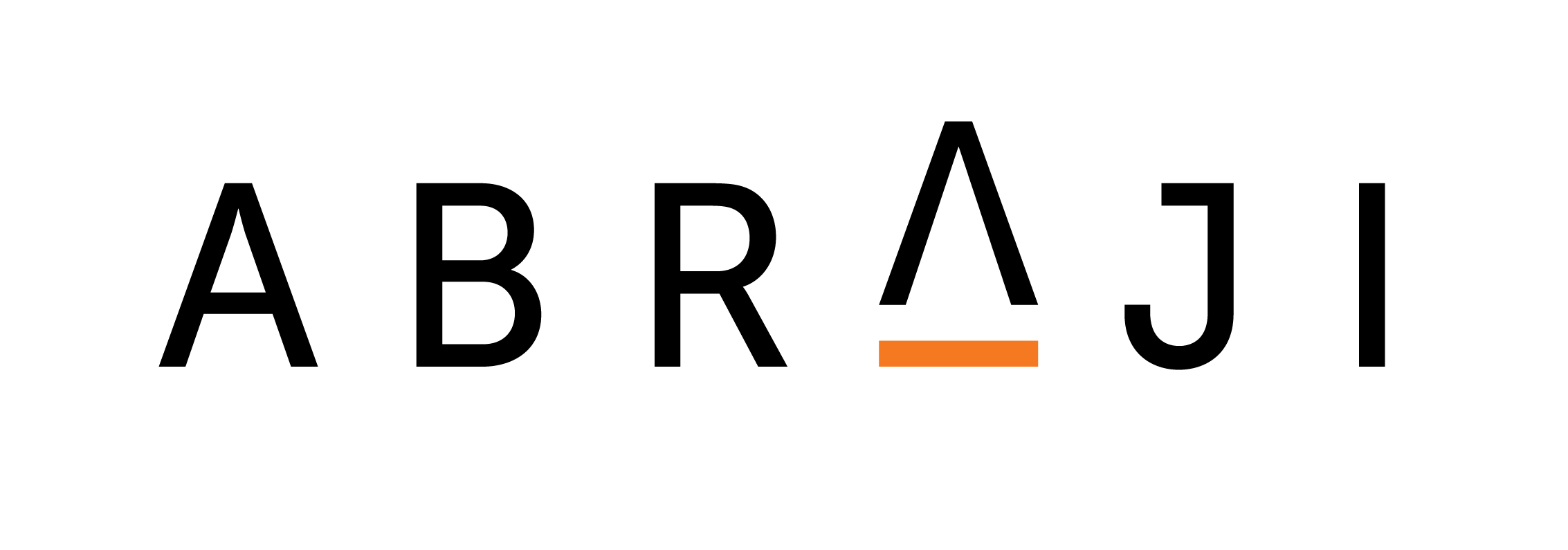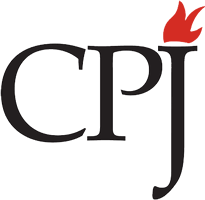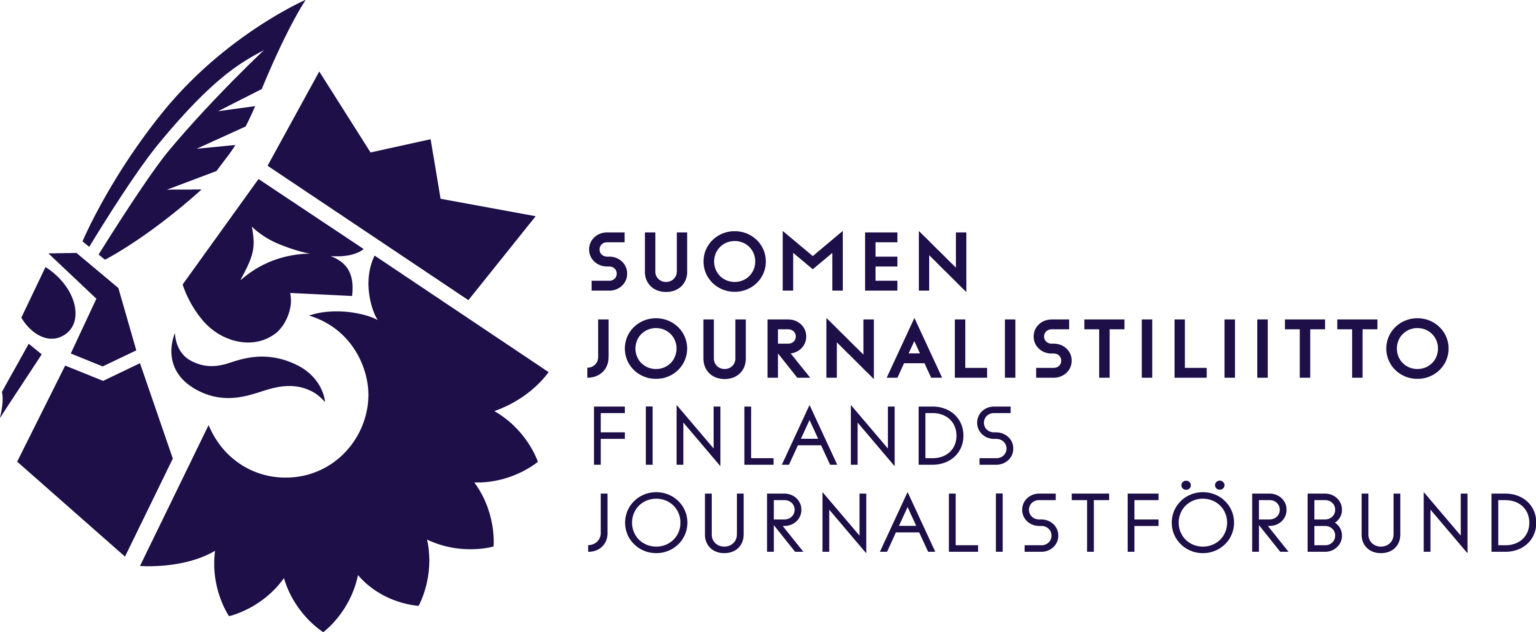High profile killings, threats and angry rhetoric against journalists and news outlets made October a particularly dangerous month for members of the media trying to do their jobs around the world.
Saudi Arabian journalist Jamal Khashoggi was killed in the Saudi consulate in Istanbul, Turkey on 2 October. In the same week the body of the Bulgarian television journalist Viktoria Marinova was found strangled and raped. She was the third reporter killed in the EU in less than a year. Meanwhile, US President Donald Trump continued his attacks on members of the media, whom he has described as “enemies of the people”.
He stepped up his rhetoric at a rally in Montana, praising politician Greg Gianfore for attacking the Guardian journalist Ben Jacobs. Trump has been particularly vitriolic about INSI member CNN, which on 24 October intercepted a pipe bomb at its offices in New York City. Meanwhile, across the United States, our colleagues and other INSI members are telling us that they feel less safe because of the attacks by Trump on the media.
“Countries once regarded as bastions of press freedom are places where journalists are increasingly exposed to attack,” said INSI Director Hannah Storm. “While it’s true that conflict zones still pose grave risks to those who report from them, hostile environments are now closer to home and hostile actors threaten larger numbers of the news media.”
2 November marks the International Day to End Impunity for Crimes Against Journalists. Those who kill our colleagues do so with complete impunity, knowing that killing the messenger sends an important message and that in many parts of the world they can get away with murder. The killings of Jan Kuciak in Slovakia in February and Maltese journalist Daphne Caruana Galicia are both unsolved, along with the vast majority of crimes against journalists. October marked one year since Caruana Galizia was killed when her car blew up near her home in Malta.
INSI webinar highlights Afghanistan dangers
Afghanistan is the most dangerous country for journalists in 2018 with 13 fatalities so far. An INSI webinar ahead of the parliamentary elections on 20 October advised our members who were covering the poll on how to stay safe.
Meetings bring together members and social media platforms
Another scourge of modern journalism is the rise in online attacks against journalists, ranging from abuse and intimidation to rape and death threats. Over the past 12 months, INSI has organised a groundbreaking series of meetings between our members and Facebook, Twitter and Google. Those attending the most recent meeting in October focused on developing practical solutions intended to mitigate against the abuse and support those who experience it. More meetings are planned for next year.
Scandinavian members briefed on digital security
Our Scandinavian members discussed digital security this month at our first ever regional meeting in Oslo. Hosted by INSI member NRK, the workshop focused on keeping information and sources safe while working in sensitive countries. Tips given on good practice before going on assignment included:
- Clean devices and remove all personal information
- Don’t leave devices logged into work or social media account
- Turn on two-factor authentication and disable biometrics identification such as fingerprint or facial recognition software on your devices
- Don’t take unnecessary films/books as they may cause offence
Image by AFP

























